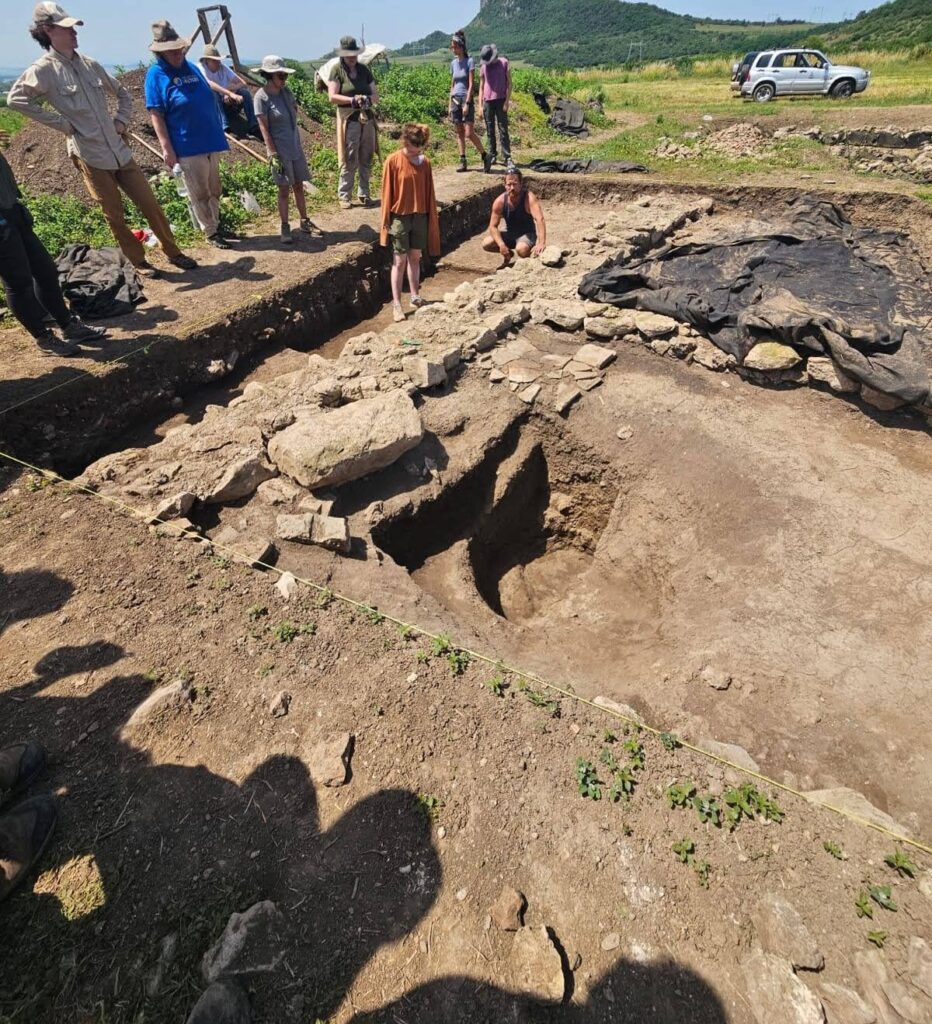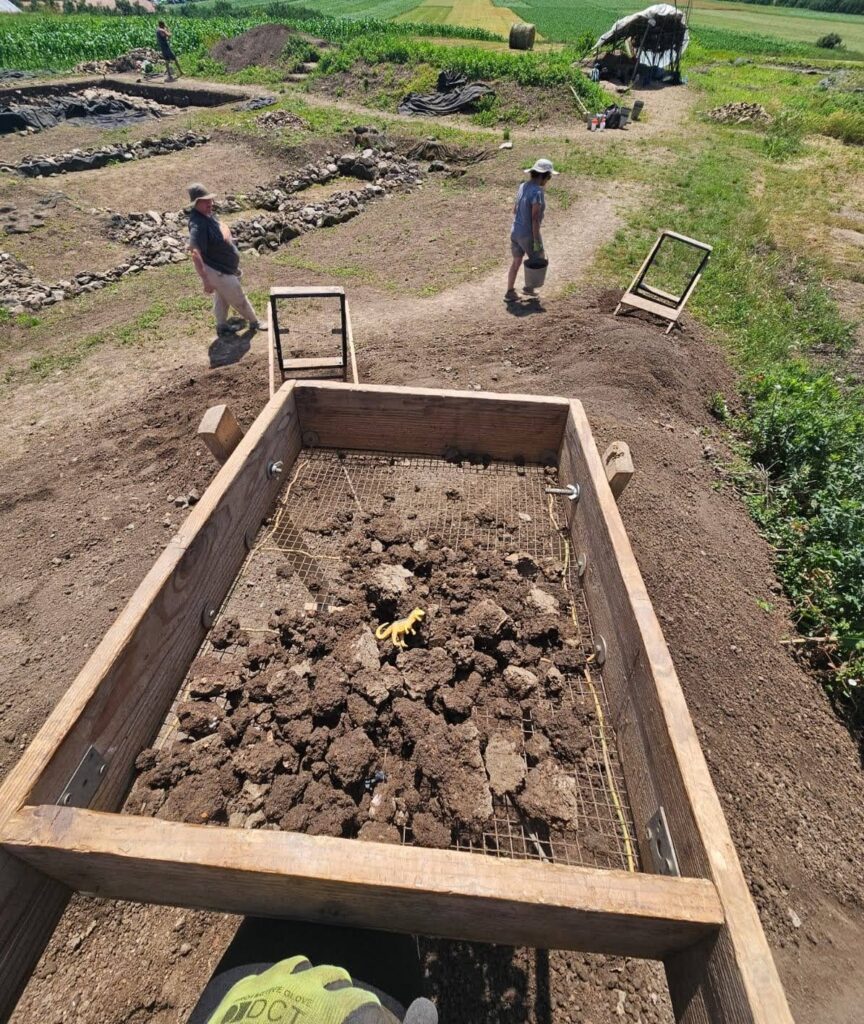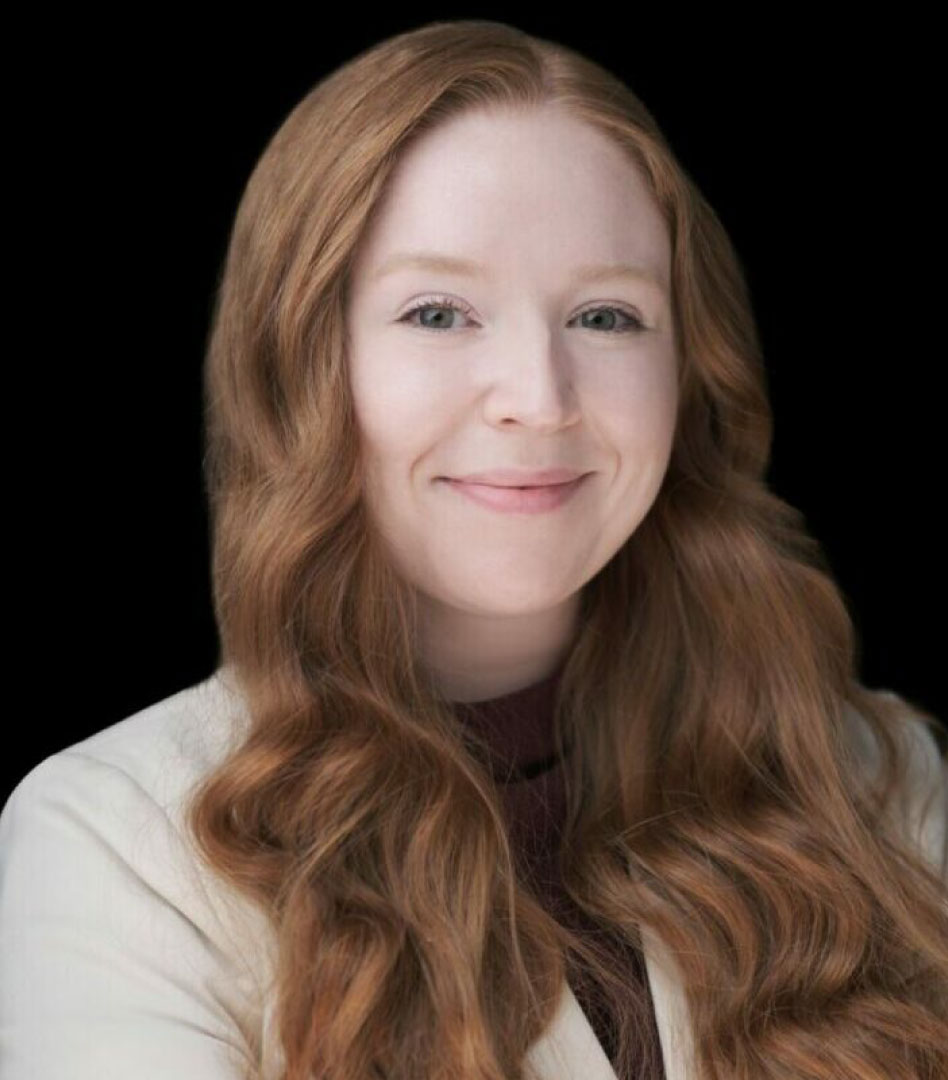In this alumni profile, we interview Emily Bradley, former Capstone Operations Coordinator.
Uncovering Newfound Passions
Emily Bradley knows what it takes to dig deep, both figuratively and literally. Onboarded at Capstone during the COVID-19 pandemic, she faced new challenges every day as Operations Coordinator and continuously found ways to safeguard employees, set up remote operations, deal with supply chain issues, and more.
The global health crisis waned, but Emily’s quest for challenges did not. When an opportunity to take part in an archaeological dig came up, she knew she had to step up. Emily earned a bachelor’s degree in anthropology from Temple University in Philadelphia, but being part of an archeological dig was an adventure she missed as a student. “It wasn’t easy to arrive at this decision,” she says. “I had to give up a job and move in a new direction.”
This new direction served as her compass and guide. In June 2023, she set out with a team from Archaeological Techniques and Research Center Research (ArchaeoTek) to a Roman dig site in Rapoltu Mare, a Transylvanian town that is a six-hour bus ride from Bucharest. The dig has been planned in phases and after 12 years, teams recently completed excavating the gate entrance and grotto. Phase 2 started just as Emily arrived on-site and began work on a new section. “They were postulating that it was a stable due in part to the well-preserved wood floor, which is very rare in archeology because so many things are destroyed in fires,” Emily explains. “It’s rare to find wood because it’s an organic material that erodes completely over time. There was a large fire in the stable that turned the wood floor to charcoal, partially preserving it.”

The Roman Empire was reaching its zenith by the start of the first century AD, and Transylvanian gold helped keep the Roman economy afloat. The Rapoltu Mare site is thought to be an imperial Roman villa, likely belonging to retired nobility. Emily and her colleagues would spend the next four weeks undergoing training and gaining hands-on experience with site excavation and survey, applied field sciences, and more. She also completed an intensive digital photogrammetry program at The Museum of Dacian and Roman Civilisation. “I learned so much about Roman history and archeology having jumped in with both feet,” she says.
Unexpected Results
The fieldwork was demanding. Days typically began at 6:00 a.m., when Emily and her colleagues hiked down the road for breakfast at the host family’s home. The crew played with a new litter of kittens and fed the chickens as their hostess, Utza, prepared breakfast: cuts, cheese, bread, sliced tomatoes, and spears of cucumbers, as well as a box of favorite US cereal.
Emily spent three weeks at the excavation site, making the tricky climb down into a 300-by-200-foot pit to start the painstaking task of digging. There she would dig layer by layer, filling a bucket with soil, stopping to carefully dust an area with a brush if she thought she saw something. Once the bucket was full, she would climb out of the pit and take it to a hand sifter to remove all soil. The date, exact location, and any small artifacts or ecofacts were duly recorded.
The crew broke for lunch at noon, usually cabbage soup with a side. Then it was back to the pit. Afternoons were hot and dusty and temperatures often approached 100 degrees Fahrenheit. Emily and her colleagues, however, stopped only for short breaks to reapply sunscreen and to hydrate.
Emily took care to stay focused, her eyes peeled for the smallest sign of a find. Roman floor nails, thick, dark spikes, likely from the wood flooring were among her discoveries. Another time, she came across pieces of jawbone and teeth, likely from a hog skull. The team’s efforts paid off and they had to opportunity to work on part of a recently uncovered brick wall that researchers discerned from a floor plan likely dated back to the Roman building.

Now back in the US, Emily is part of the Business Development Sponsorship team at the National Rural Electric Cooperative Association (NRECA), where she raises backing and support for the national service organization.
Perhaps her greatest discovery, however, was finding out how resilient she is. “The physical and mental challenges boosted my confidence, something you can sometimes forget in Corporate America,” she says.
See more Capstone alumni profiles here.
























